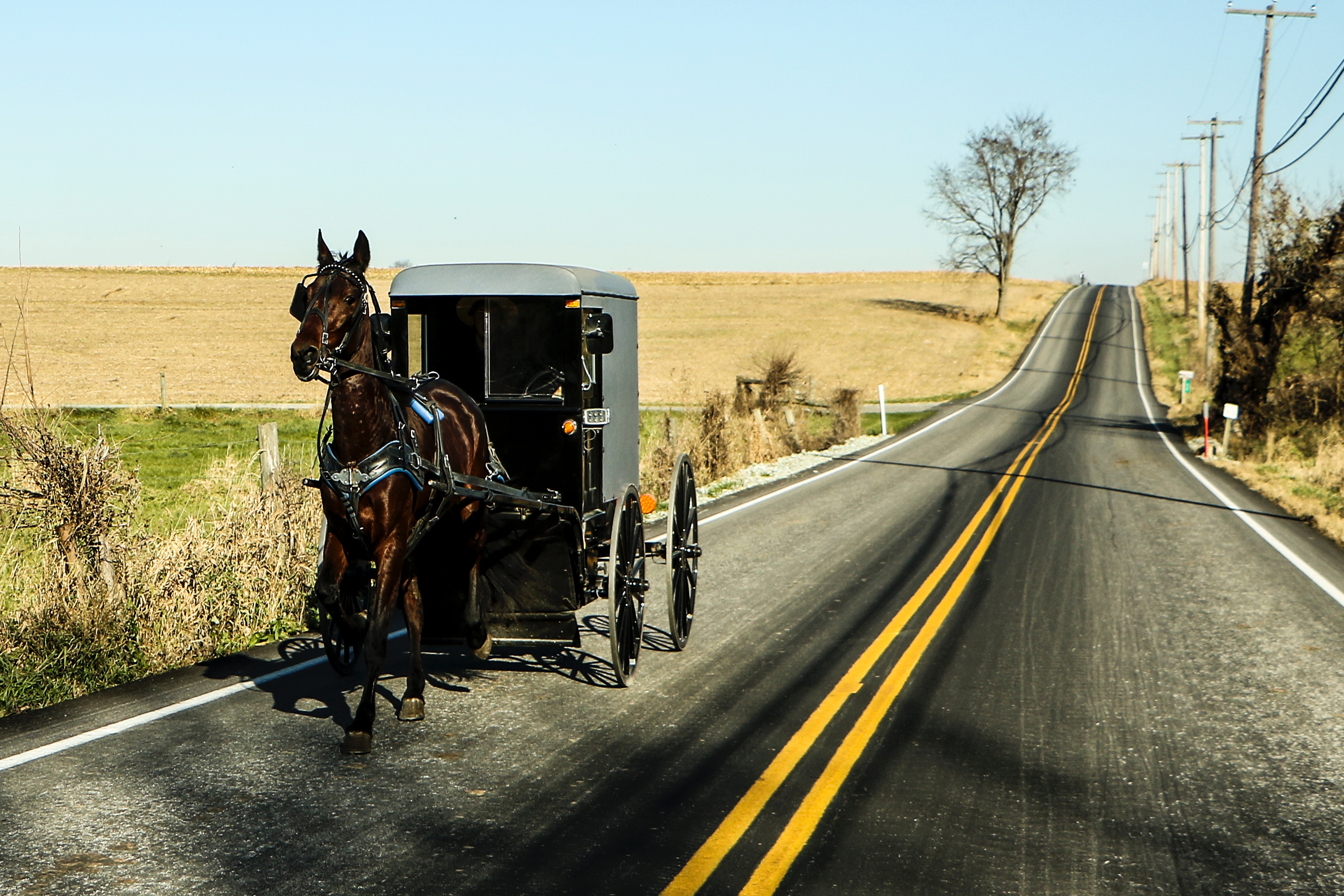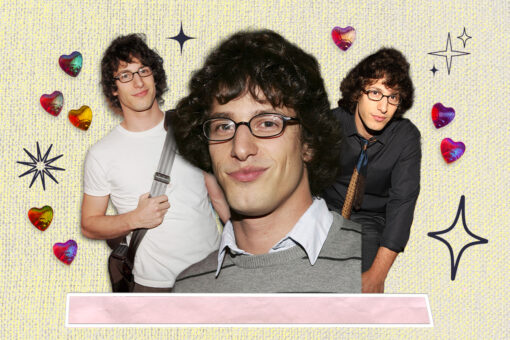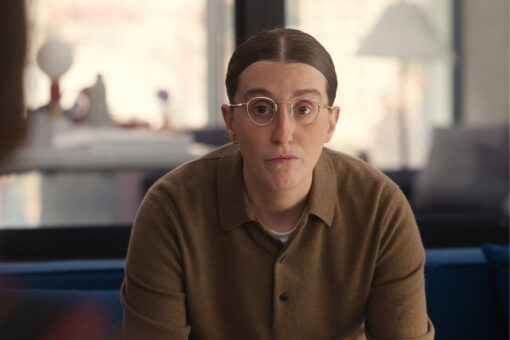I have always been described as an old soul — my mother would be the first person to tell you, “She’s 28 going on 82.” I have never been to a nightclub, I prefer espresso or tea to a cocktail, and I feel most alive when I’m immersed in a deep conversation. I get truly excited over trying a new recipe, a museum exhibit, or treating myself to a fresh bouquet of flowers. I am not surprised, knowing all of this about myself, that the first area I moved to after a life spent primarily in Connecticut was Amish country, Pennsylvania.
After accepting my job, friends from home asked why I would consider moving to Amish country. My answers came easily: The area is affordable compared to Connecticut; the slower pace would suit me; I would be in between Philadelphia, Baltimore, and D.C.; the city is full of cafes (I love cafe culture) and a thriving arts scene; there’s bountiful local produce.
All that’s true, but now that I’ve been here for 16 months, I am well aware that my time in Amish country has also shaped how I’ve come to see myself as a Jew.
Part of what prompted my relocation was a rough breakup with someone I imagined would be my husband; he is not Jewish but always seemed to be interested in my Jewish identity until the night before we broke up, when I spoke passionately about Judaic love poems over dinner. I remember his eyes glazing over and sensing him going somewhere else. When it was over, I kept wondering if I put pressure on him to commit to something that mattered little to him.
Flash forward to being in a very church-dense county, and I began to wonder if my Judaism was a hindrance more than a help in my life — would my identity block people from wanting to know me? I moved because I knew the job I accepted was going to be fulfilling and a step in the right direction to advance my career. However, I was unable to predict how I would be evaluated by everyone I tried to build connections with.
After my move, I went on a few failed dates with non-Jewish men I met online who were unable to meet my gaze over a meal or remain engaged with me after a single outing. I was told once after a few days of online chatting with a man that I should join a Christian dating service in the city to find a mate successfully. After so many negative experiences, I shifted focus to just making friends.
But those have also proven incredibly hard to come by. I do not have a roommate, so I prep for mostly silent evenings when I get home from work. I have invested much of my free time to seeking out “third places,” the third most important social space after home and work. However, these have primarily been silent, too — I’ll happily sit in a cafe with a book and a cappuccino, but never can assess whether the person next to me welcomes my conversation. I find myself making eye contact most regularly with cashiers, who might be open to exchanging more pleasantries, but there is always someone waiting behind me.
At one point I decided to take a community sign language class to commit to learning something new and to try and connect with new people. The class was in a church, which I have no issue with. However, most of my classmates shared that they were there through their church connections or to improve signing skills for future mission trips. When it came time to finger spell our last names, I was given some odd faces from the others in the class who carried more traditional Pennsylvania Dutch last names. “What is the origin?” I was quizzically asked. I paused, feeling heavy in the room. “Polish.” I stopped there, because it was accurate and because I did not feel possessed to go any further. I left knowing little sign language and without so much as an acquaintance.
The last time I had a thorough opportunity to connect with a stranger in the community, I was running late to a yoga class, nearly choosing to avoid it because I was nervous I would be turned away after it began. I bumped into a woman about my age who asked if we were in the right place — my confidence was boosted and we walked in together, exchanging numbers as the class ended. We got breakfast the next weekend, when I discovered she was from across the country and getting her Masters a few towns away. When she discovered that I was Jewish, she said earnestly, avocado toast in hand, “You’re one of the first Jewish people I’ve ever met.” She never reached out again, even after I followed up.
It’s been a struggle relating to people who cannot understand the full weight of my identity. I used to view my Judaism like an accessory that might enhance my life around Jewish holidays, but I know now that my Judaism is also my very essence. I am a person who instinctively says “mazel tov” whenever someone tells me their good news or “baruch Hashem” if I’ve arrived somewhere safely. Judaism is not something I can put up on a shelf, nor is it something I want to.
Friends who live elsewhere have encouraged me to create meaningful online connections, engaging in Jewish learning with someone in the world through video calls. I highly appreciate that these opportunities are available now, but they do not feel like authentic options for me. There is nothing like finding your own energy growing after a rich conversation in person or feeling someone’s arms wrap around you as you exchange goodbyes. I have tried connecting more intentionally with local Jewish life but feel that I might be seen more as a novelty, a young person from somewhere else not worthy of direct engagement to enhance the greater community.
I’m still sorting out what being a resident of Amish country means, but I do know after some soul searching that my Jewishness is in fact a blessing because it has prompted me to determine what is essential to me — access to identity affirmation and exploration. Here’s to hoping I get to explore more in the future on a road that lies beyond horse and buggies.
Photo by Doug Kelley on Unsplash



